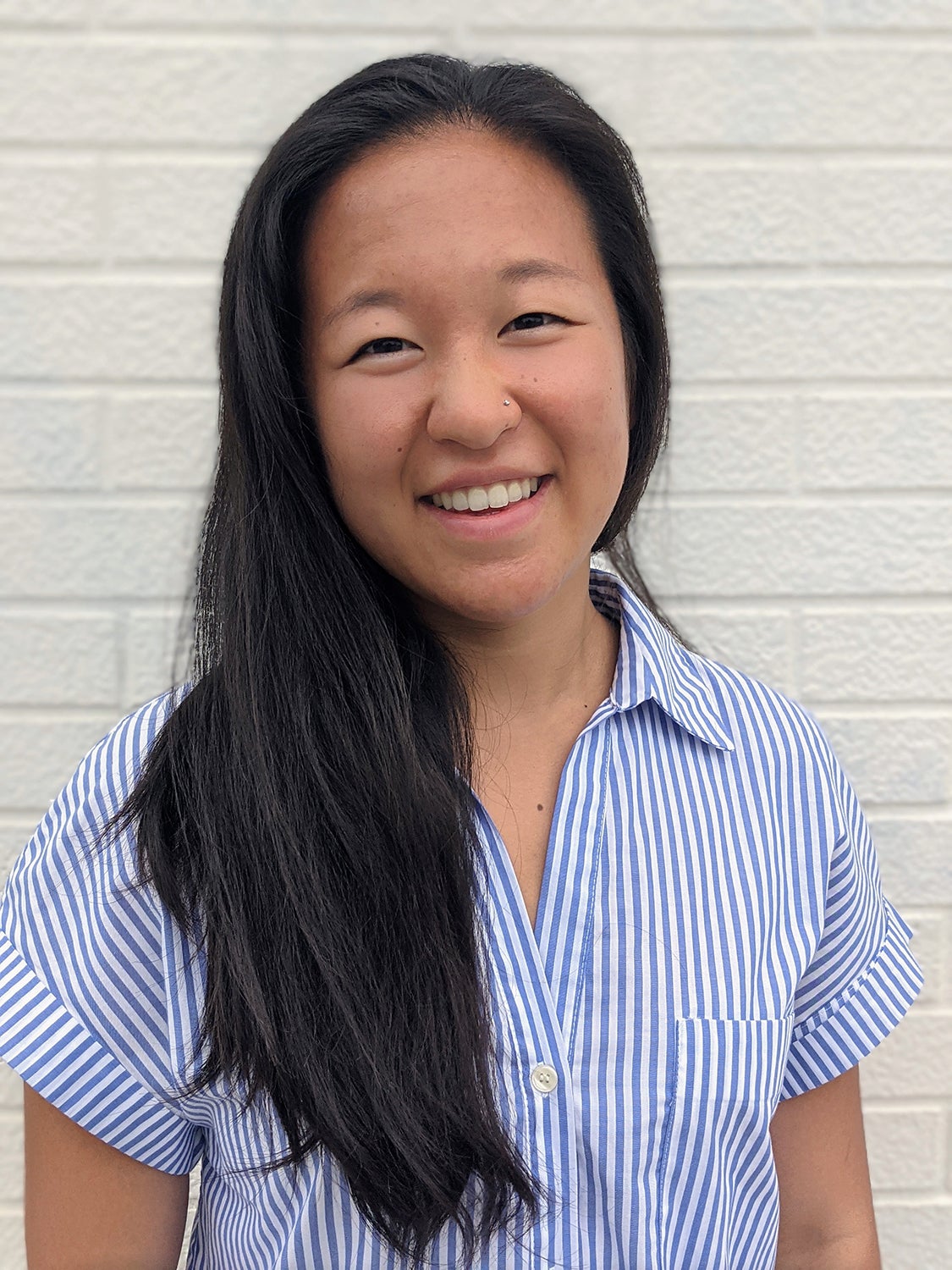Transition from undergrad to grad student at Waterloo
Ellen always knew she didn’t want to sit at a desk for a living. This helped her decide on picking Kinesiology for her undergraduate degree. She looked at universities across Canada from her home in British Columbia and decided that the University of Waterloo would be a good fit for her personality and learning style. Trekking across Canada to Ontario, she never looked back. During her third year of her undergraduate degree, she really started to think of graduate studies as a serious option. She was inspired by the very first class that she took with Professor Lora Giangregorio: “I walked into Lora’s class in the third year and she really had a presence. All she said to the entire class was: ‘in this class you’ll learn how to think critically’ and that was it. Something clicked for me – I knew I wasn’t going to be done after my undergrad – I wanted to learn more, do more, research more.”

Her positive undergraduate experience continued into her master’s degree. Professor Lora Giangregorio became her supervisor and mentor, someone that she has been able to connect with, be inspired by, and learn from. Ellen also noticed that in contrast to undergraduate studies, the relationship dynamic changed between professors and graduate students. In grad studies, she felt like she was integrated with the department, more of a colleague than a student. Ellen has also found access to her supervisor’s networks have been invaluable. “I couldn’t believe it that Lora would solicit feedback from her colleagues, other leading professors and researchers at other institutions about my work. That’s so great, I really appreciate that.”
"Problem solving is one of the most rewarding experiences I’ve had in my life, I had that feeling: 'I’m not competent, but I want to figure it out.'"
Resistance training for older adults in a remote environment
Doing her research during the pandemic was difficult, but Ellen took it on. To her it was another challenge, another problem to work through. Her research focuses on resistance training and disease management. It’s widely known and understood that activity and exercise is good for us. Most of the healthy population can somewhat easily access online workouts if they can’t physically go to a gym or do outdoor activities. But what about more vulnerable, older adults with health challenges? That’s where Ellen’s study comes in. She conducted an eight-week feasibility study investigating whether it’s possible to do functional strength training for pre-frail adults remotely. Working with around 30 older adults over a couple of months, she was able to connect with them on various resistance training remotely and is investigating the efficacy of these tactics. “We found that there were challenges to this approach, but it can be done.”
Ellen is wrapping up her master’s degree. Defending over the summer months, she’s already looking forward to her next educational chapter. Returning to her roots on the west coast of Canada, she’ll be attending University of British Columbia in the fall to start her PhD. With a passion for teaching, she’s hoping to stay in academia after her PhD.